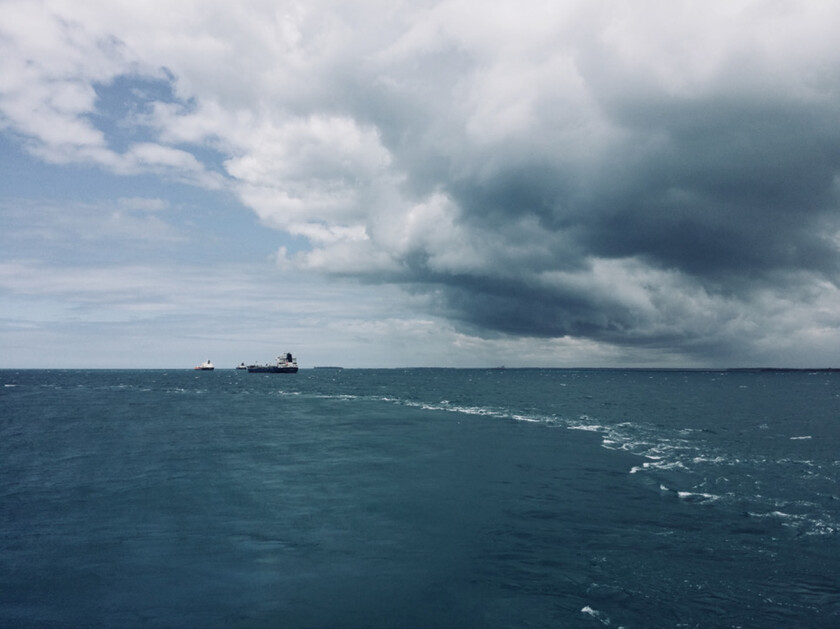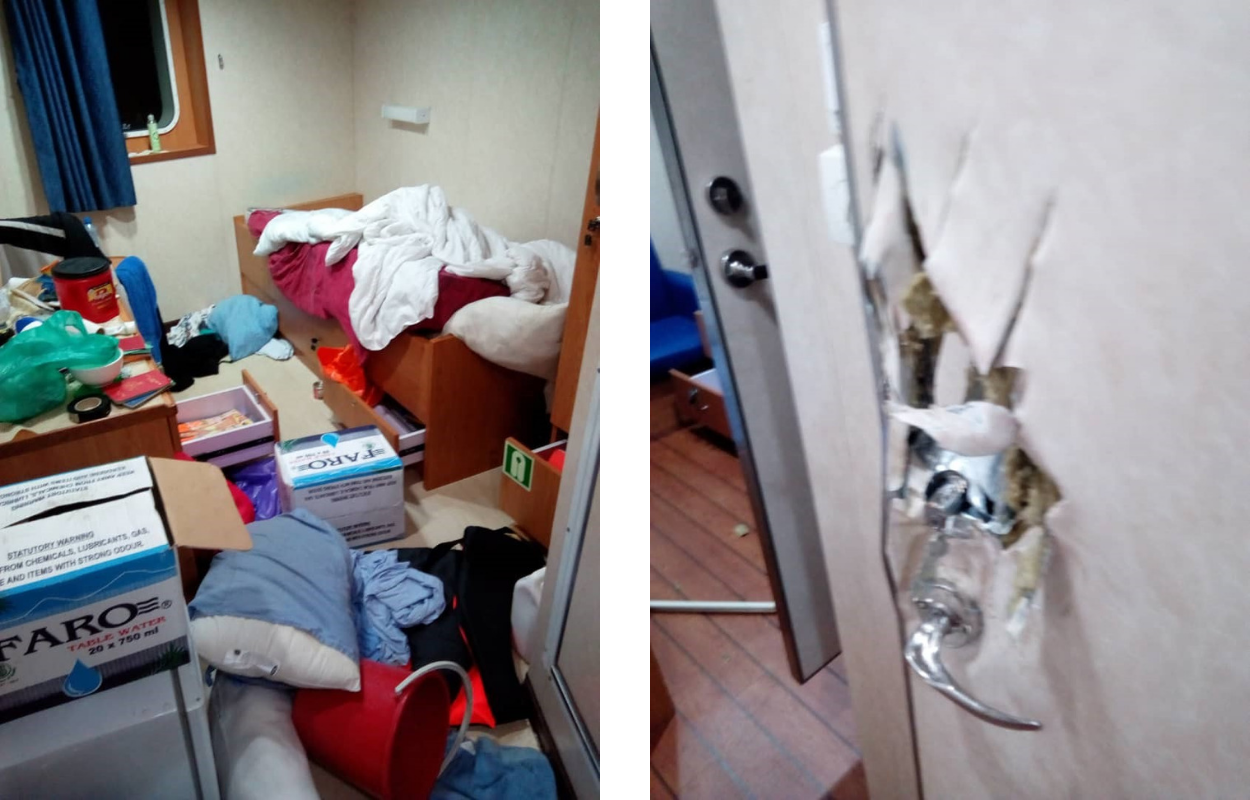The entire horrific ordeal went on for around seven to eight hours. The crew tried to contact naval forces without much success, but they were finally able to contact the private security team of an oil major who came to their rescue. The seafarer said: ‘The pirates were shouting very loudly and we could hear their voices as they could not get hold of us. They looked very violent and were carrying latest sophisticated weapons with them’. The pirates were not ready to leave the ship, and even when they saw security personnel boat closing in, the seafarer could see them on the CCTV footage trying to break into the citadel until the last minute.
The seafarer and the other crew members were frightened and traumatised by this incident, and the seafarer made up his mind that he would not sail again in that region. At the time of writing, he is sailing on another vessel away from piracy-infested waters. ISWAN’s Maritime Piracy Humanitarian Response Programme, part of our Regional Programme in India, provided the seafarer with emotional support after his ordeal. The seafarer told ISWAN that seafarers must be vigilant when transiting through areas affected by piracy, and agreed that they should have pre-departure briefings and trainings on piracy preparedness to ensure they are equipped for incidents like this.
If you are a seafarer sailing through the Gulf of Guinea region, make sure you follow your company’s procedures and industry best practice for your own safety. If you or a family member have been affected by piracy and need assistance or support, you can contact our free, confidential, 24-hour helpline, SeafarerHelp, at any time – all our contact details can be found at www.seafarerhelp.org. Make a note of our details or save them on your phone in case you ever need our help or support.





